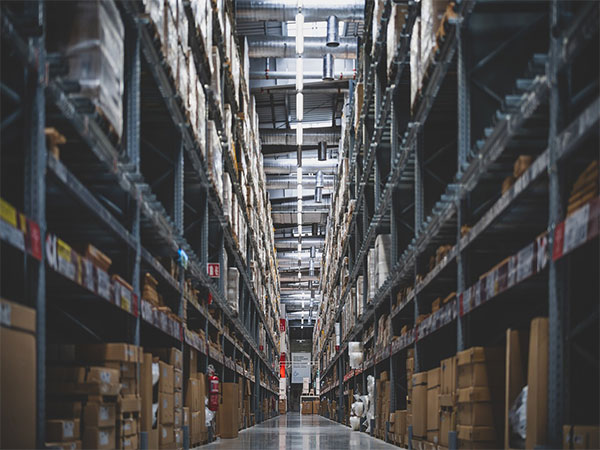The demand for warehousing in India has seen a significant increase in recent years, particularly from sectors like engineering, electronics, and auto manufacturing. According to a CBRE report, this demand has grown from 15 per cent in 2019 to 25 per cent in the first half of 2024. This rise can be attributed to various factors, including favourable government policies like the Production Linked Incentive (PLI) scheme, which covers 14 sectors, as well as the global shift towards the “China + 1” strategy, where manufacturers diversify supply chains away from China. The total warehousing leasing from these sectors reached an impressive 4.1 million sq. ft. in the first half of 2024.
Among the cities benefiting most from this growth, Pune has seen the highest increase in demand, with its share rising from 6 per cent in 2019 to 13 per cent in the first half of 2024. Delhi-NCR and Kolkata have also experienced significant increases, with warehousing demand hitting 18 per cent and 12 per cent, respectively. India’s engineering and manufacturing sectors have contributed to 11 per cent of the total warehousing leasing in the first half of 2024, up from 8 per cent in 2023. Key contributors to this increase include domestic appliances, auto components, and the automobile industry, all showing robust demand.
India’s manufacturing sector plays a crucial role in the country’s economic development, contributing 14 per cent of the nation’s GDP and employing over 27 million people. Anshuman Magazine, Chairman & CEO, India, Southeast Asia, Middle East & Africa, CBRE, highlighted the transformative journey India’s manufacturing sector is on, attracting significant interest on the global stage. He emphasized that continued economic development in both leading and emerging Asia Pacific markets will boost consumer demand for manufactured goods and further fuel the growth of the region’s manufacturing sector.
Programs like the GatiShakti National Master Plan aim to streamline supply chains, while the National Logistics Policy promotes sustainable and cost-effective transport modes. Other government efforts include corporate tax cuts, Goods and Services Tax (GST) reforms, and R&D tax benefits, contributing to India’s competitive edge on the global stage. Rami Kaushal, Managing Director, Consulting & Valuation Services, India, Middle East & Africa, CBRE, highlighted India’s robust industrial infrastructure as crucial in driving its manufacturing sector forward, emphasizing the nation’s appeal for ease of business, collaboration, and productivity.
Ram Chandnani, Managing Director, Advisory & Transactions Services, CBRE India, emphasized India’s focus on trade agreements as holding immense potential for its manufacturing sector, acting as a trade catalyst. He noted that this presents a golden opportunity for India’s manufacturers to diversify from the dominance of the services sector and capture a larger share of the global manufacturing pie. Overall, the increasing demand for warehousing in India from sectors like engineering, electronics, and auto manufacturing reflects the country’s growing importance in the global manufacturing landscape, driven by favorable government policies and a strategic shift away from China.

























